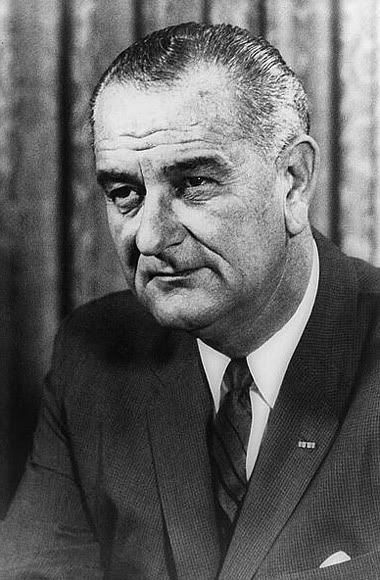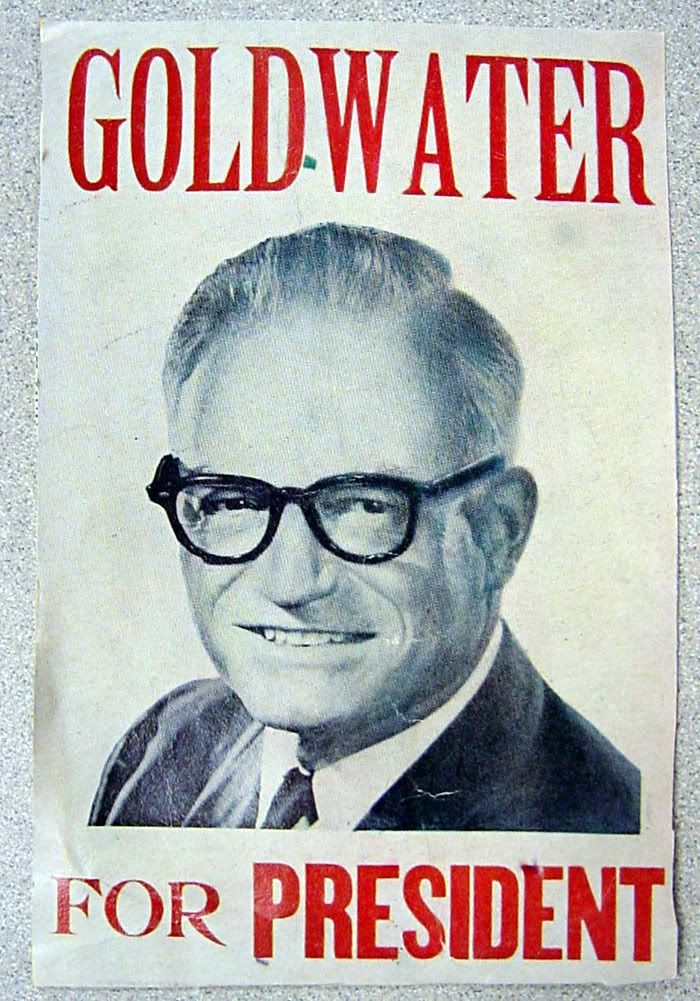Corey Hart’s, “Sunglasses at Night,” video I believe is the worst video of all time. The locations that he is in are completely bizarre. At first he is in what I think is his room, ad then it moves to some random alley way, then to a jail. When he is in the alley often some form of law enforcement is chasing him. In the jail there are multiple people who have on their sunglasses at night, and there is even a child in the jail. I’m not sure if that is supposed to be a comical reference or not. The child also stamps some paper work for others in the jail. There is a woman in the jail and you could assume that there is a connection between her and Corey Hart.
Corey in the video is also hilariously awful. He has on black pants and shoes and a white shirt that is unbuttoned down the front. He also appears to be sweaty, I’m not sure if they want him to look nervous or if that was supposed to invoke some sort of sex appeal to those interested in stalkers. They lyrics that he sings are very questionable, “I wear my sunglasses at night so I can see you.” Why does he want to watch you all the time? How is it possible to see someone with sunglasses at night isn’t it hard enough to see them at night anyway? He also has possibly the worst dance moves I’ve ever seen. It is simply a strong rock back and fourth, which he does on many occasions even in the jail cell. Corey Hart could also be a magician due to the magical appearance of his sunglasses when he sits up in his bed. It is unclear to me if he is singing to the law enforcement woman or not, or if she is aware that he is stalking her and that’s why she is trying to put him in the jail. Overall I find this to be the worst video ever because it is confusing and also possibly one of the worst songs of all time.
Tuesday, November 13, 2007
Worst Music Video Ever
Sunday, November 11, 2007
Favorite Music Video
I would have to say that Incubus is one of my favorite bands. I stated listening to them in 6th grade and haven’t been able to stop myself since. I chose the music video, “Drive” because the video conveys the message that the song is about. Although, “Drive” isn’t one of my favorite songs because it is so mainstream I still really like it. Most of their videos don’t even appear on T.V., but “Drive” did often when it was popular.
In the very beginning of the video there are two hands drawing each other to start the theme of the video. Then the hands draw the lead singer, Brandon Boyd. It also draws the other members of the band. They are creating themselves on paper. The song becomes more dynamic when the worlds, “I should be the one behind the wheel,” are sung. It then goes on to say, “Whatever tomorrow brings I’ll be there, with open arms and open eyes.” They want to keep an open mind and be ready for whatever life throws at them. They say, “When I drive myself my light is found.” They don’t want to conform to what everyone else is, they want to break out and be different. They are also trying to convey this point to their fans and listeners. They say that being a follower, “seems to be the way that everyone else gets around.” Throughout the video Brandon seems to be frustrated because he doesn’t want to fit the social conforms that are expected of him. At the end the pictures are crossed out, thrown, and tore up. This represents him taking his own way. They are taking the frustrations that they have about not wanted to be what other people think of them and literally throwing them away. I think it conveys a good message about being your own person and sticking to what you believe in and not trying to be something just because everyone is doing it or you think it is expected of you.
Rhetorical Strategies
Lyndon Johnson’s Daisy Girl Ad
In the 1964 election Lyndon B. Johnson and Barry Goldwater were campaigning for president. It was beginning to be the end of the Vietnam War and that was the very controversial topic. In fact it was the main topic of the campaigns. In the Ad it shows a little freckled face girl sitting in a field of daisies. She picks up a small flower and starts counting the petals. “One, two, three, four, five, seven…” This also plays upon her innocence because she wasn’t old enough to count in the correct order due to her young age. Then the camera goes to a close up of the little girl’s eye. Then it shows an image of an atomic bomb going off. After that Lyndon Johnson starts talking and says that in order to save all of God’s children you need to vote on November 3rd, your life depended on it. The words at the end of the ad are only Lyndon B. Johnson for President.
This is one of the most controversial negative ad campaigns. It was only able to appear on television a handful of times because of its racy content. Negative ads were just beginning to air on television and candidates were utilizing the media to campaign. Since then negative ads have increased but mostly with candidate bashing instead the persuasion of worry that this ad invokes.
This ad implies the argumentation that relies upon an example. The example used in this ad is making an example of the girl to make people feel sympathetic towards the little girl as the young people that they know. It shows the impact it has on your life using the little girl. While watching the ad you would think have how voting for Johnson or Goldwater would affect the outcome of your life and the possibility of your death.
The rhetorical argument that is heavily used in this ad is pathos. Pathos is the appeal to the emotions. They use the girl to get to your emotions by showing you how young and innocent she is. People generally have a soft spot for children and especially little girls. She seemed to be so sweet and innocent because she couldn’t even count in the correct order. If you had children or grandchildren it would be very sentimental and would make you think of what will happen to your child if you voted wrong and whose hands you put your future in. It is said that the children are our future, our future leaders. Well the future leader now shapes the leaders that will come later in our lives.
A casual argument is implied. If you vote this way the world will stay the way that we like it. If you vote for Lyndon Johnson your children will be able to live. Everyone wants to have the perfect life for their children. They want them to be happy and have everything that they had and couldn’t have. People also want the best for the world. They don’t want their beautiful meadows to be destroyed with a bomb; they want to live in America too. The other argument is that of cause and effect. If you don’t vote for Lyndon Johnson it is inevitable that an atomic bomb will occur. By stating that your life depends on voting it confirms the message imparted by the visual image.
There are many uses of logical fallacies in this ad. They utilize the hasty generalization to draw a conclusion too quickly without providing relatively any evidence. He makes the assu mption for you that there will be a bomb soon if you are not voting for him. He stacks the evidence clearly all to his side because he wants the public to vote for him. He doesn’t even mention the opponents name; he just wants you to focus solely on him. Lyndon Johnson also begs the question. He wants you to question what Barry Goldwater will do about the current problem they are having in Vietnam and what the current administration is doing.
mption for you that there will be a bomb soon if you are not voting for him. He stacks the evidence clearly all to his side because he wants the public to vote for him. He doesn’t even mention the opponents name; he just wants you to focus solely on him. Lyndon Johnson also begs the question. He wants you to question what Barry Goldwater will do about the current problem they are having in Vietnam and what the current administration is doing.
This ad also appeals to character, the reliance on authority, and credibility. Lyndon Johnson is appealing to the character that he believes that he has and he questions the character of America if they are to let someone like Barry Goldwater run the country. Lyndon Johnson was also an incumbent being the vice president who presided over the assassination of John F. Kennedy. Kennedy had just been assasinated and they looked to Lyndon B. Johnson to lead the country before the next presidential election, which gave him a hand up. During 1964 the big issue in politics was whether or not to pass the Civil Rights Act of 1964. Lyndon was also using the, “We are all god’s children” part of his ad to state his take on the act to appeal to the general public. This ad also questions the character of parents, if they are to let their children grow up into a country where there are atomic bombs instead of the flowing grasslands with flowers like we were accustomed to. How could you not want the children of today and years to come to have the same advantages as you had and possibly more? Their tactic is to make you feel guilty about not voting because you could be negatively altering the life of the children of our future. He also uses the reference of god’s children which brings another authority besides him, like he measures himself with god.
Lyndon uses the scare tactic fallacy to capitalize on the audience’s fears to make a pitch. The audience was already in fear because of the current war in Vietnam and he is capitalizing on that fear by making them believe that things will get worse than they already are if he doesn’t become president. The use of the mushroom cloud also has its own ethos because of the image of fear that it instills in people. It brings a certain picture to one’s mind because most people associate that image with communism. During the 1960’s there was a great fear of nuclear war, it was especially talked about in the media and children were aware of this threat by the duck and cover practices they had at school incase of such emergency. He convinces the audience that they will be headed down a slippery slope to a serious consequence, a bomb or the possibility of death. This ad had to be pulled due to the logical fallacy of scare tactics because it invoked great fear in the public, making them fear for their life.

The tactics that Lyndon Johnson uses are obviously exaggerations of what he really is planning to do in office. It is obvious to the public that they will not die right away if they didn’t vote for him and there will not be an atomic bomb going off if you decide to vote for Barry Goldwater instead. He was trying to make you think of what could possibly happen if you didn’t vote for him, however his ad was far too dramatic which devalues it. His strategies work to make you think of whose side to be on with the current war in Vietnam and puts weight to the issues on hand. It makes you think that he values this position and wants to make a difference to keep America beautiful and that he cares about the citizens. However, his rhetorical fallacies make you question his morality.